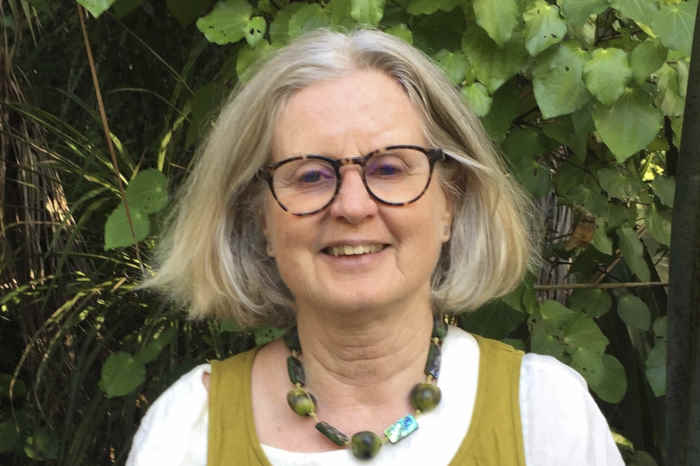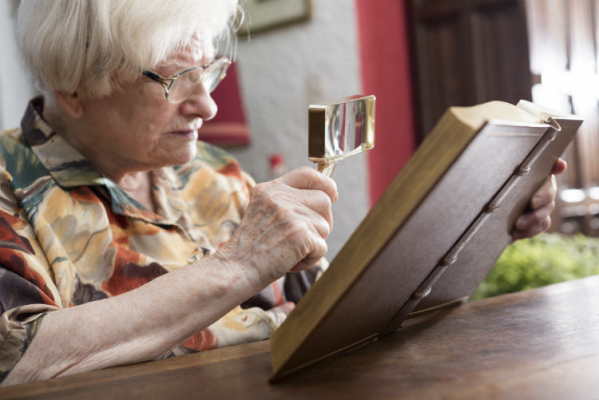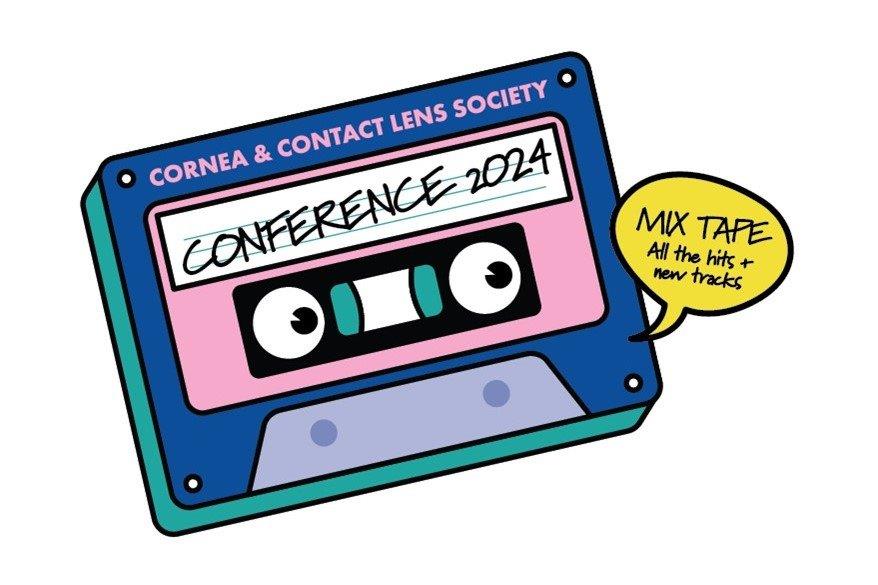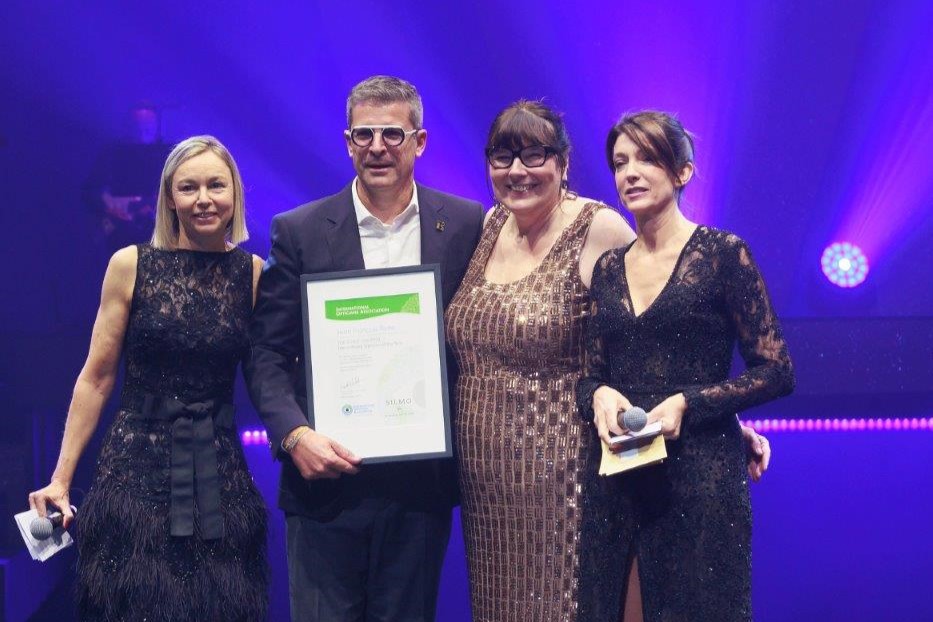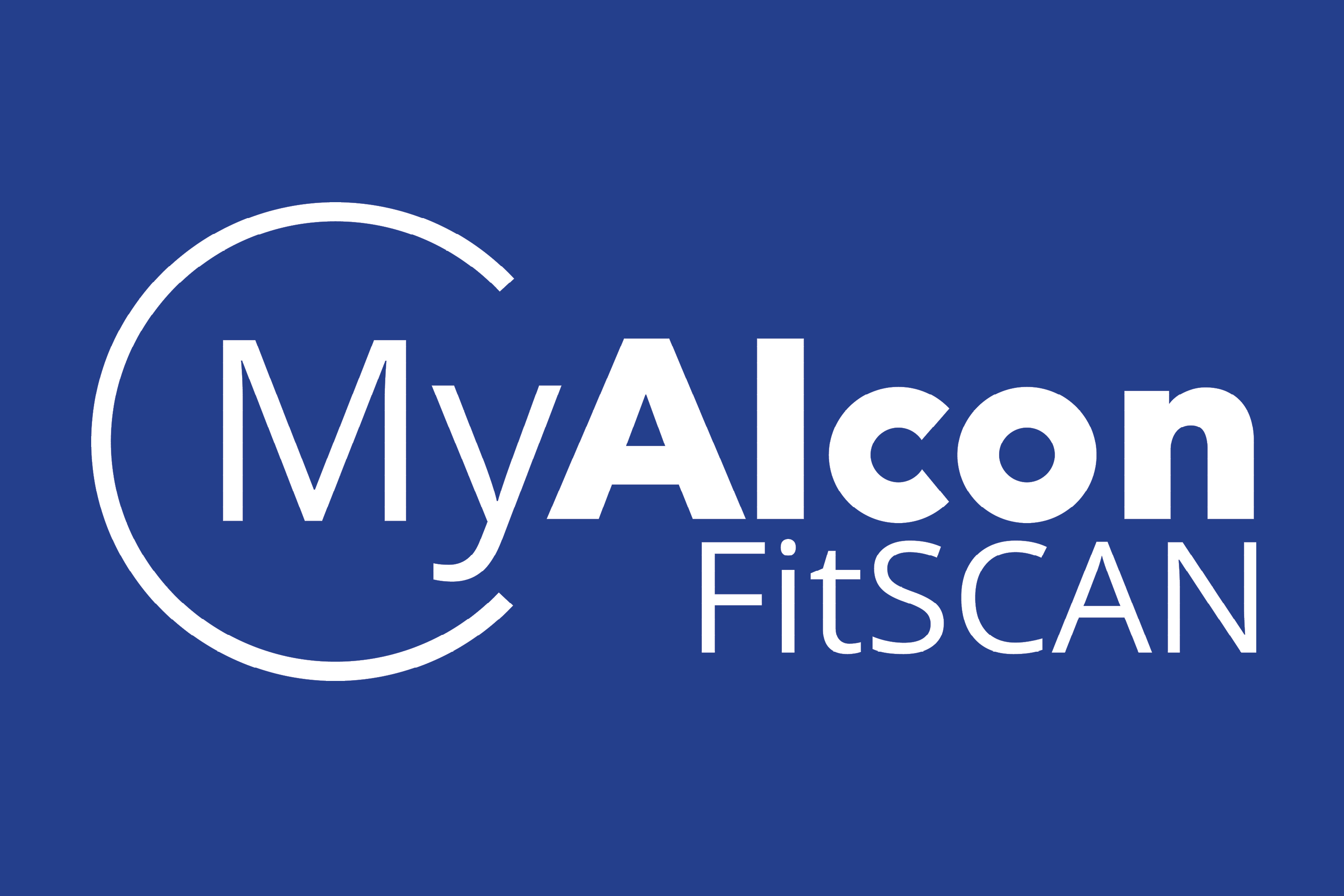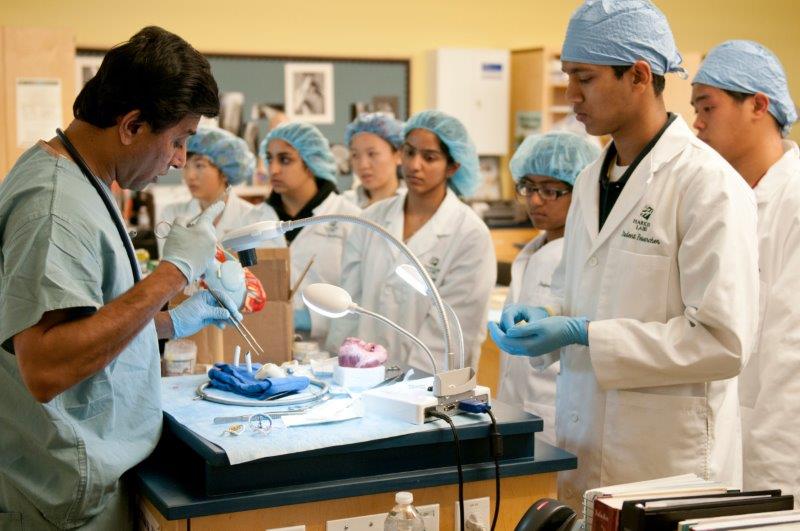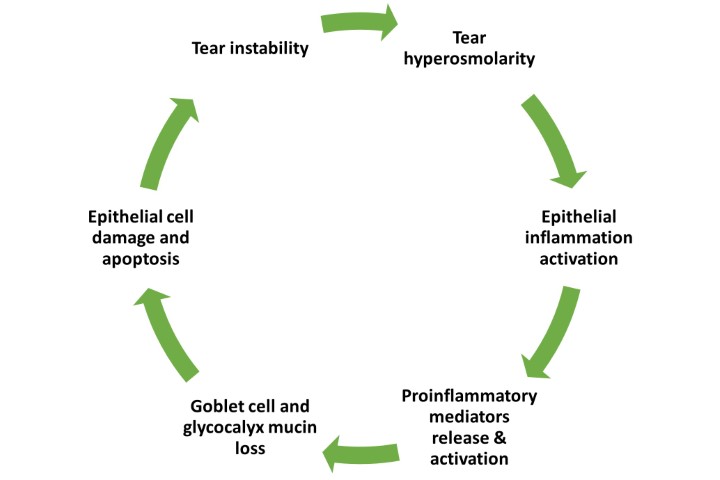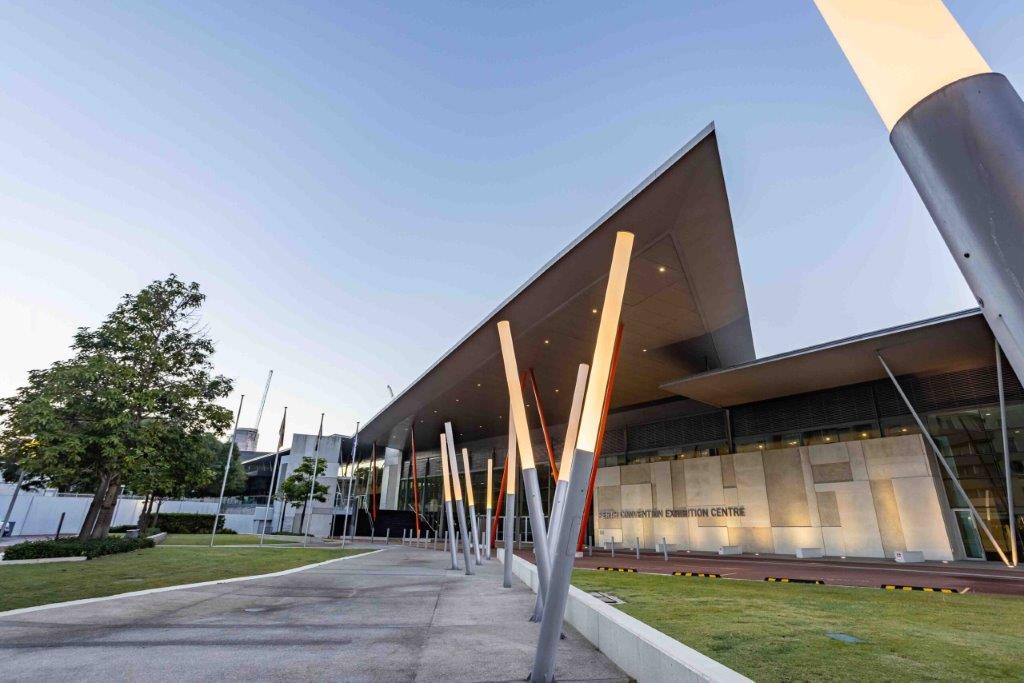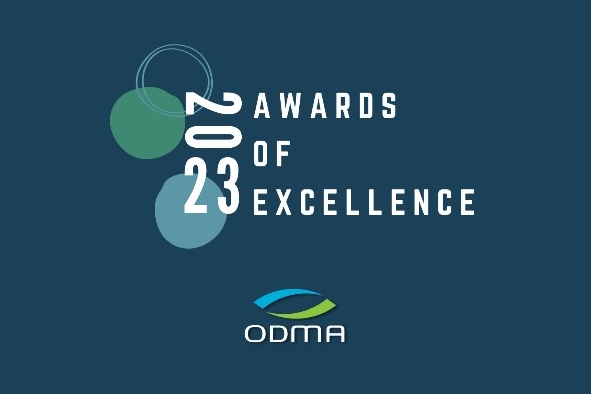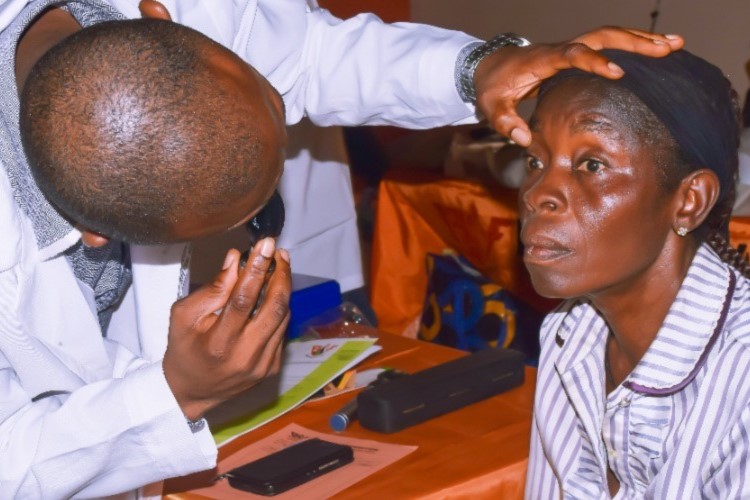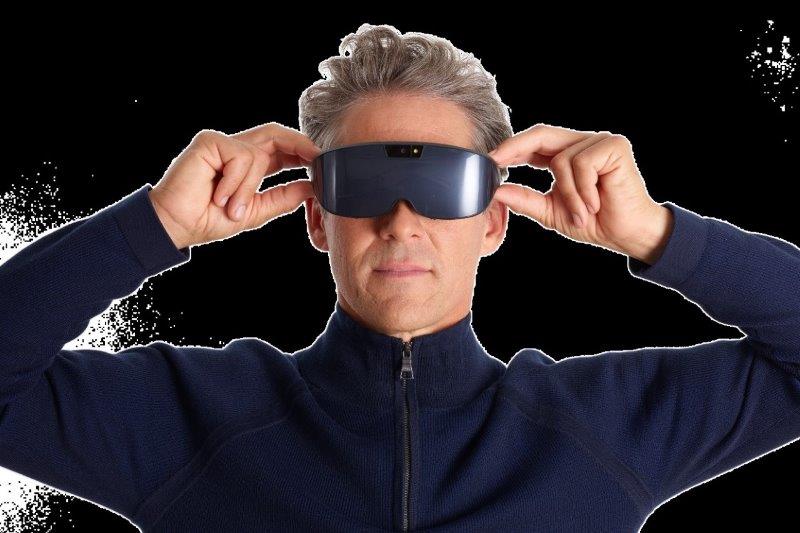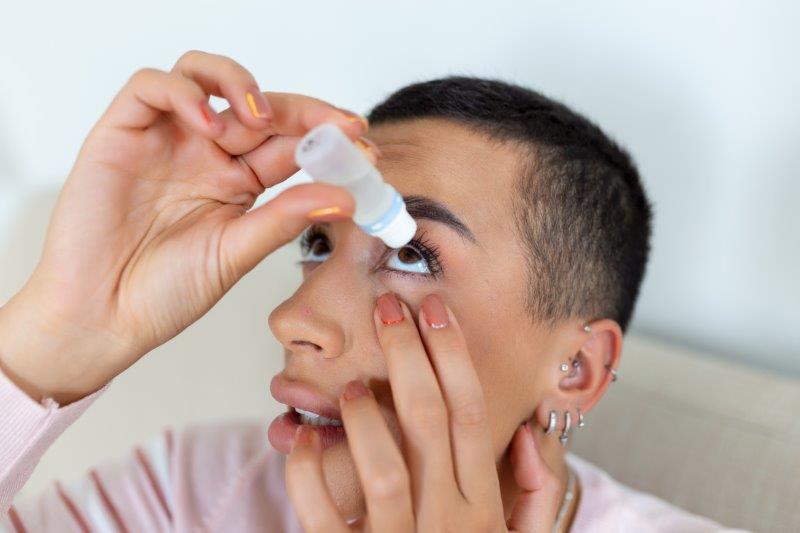Glaucoma: a devastating diagnosis
When Vicki Hilliam discovered she was losing her peripheral vision in her 50’s, she was absolutely devastated. A referral to the Blind Foundation could have made all the difference, she tells Jai Breitnauer.
Being diagnosed with a life-changing condition is always going to have a profound effect on someone, but when you’re young and you’ve always looked after your health, it is perhaps even more acute. That was the situation Vicki Hilliam, a registered dietician and naturopath, found herself in 10 years ago.
In spite of a good diet, regular exercise and a holistic lifestyle approach, Titirangi-based Hilliam was given a devastating diagnosis of ‘aggressive’ glaucoma leaving her feeling anxious, lonely and poorly-supported from an emotional perspective.
“I’d had a patient come to me previously with glaucoma,” Hilliam says when we meet at her quiet family home set back in the bush. “He was very concerned about all the medications he would have to take and when I did some research I thought to myself, this isn’t a very nice disease.”
Sometime later, Hilliam was driving to work one morning when she realised she could no longer see the tops of the lamp posts when looking straight ahead, due to a dark cloud in the top of her vision, most prominently in her left eye.
“I thought, ‘this is very strange’, but I wasn’t too worried,” she says. “I had been seeing an ophthalmologist regularly and at my last appointment, about 18 months previously, was told everything was normal and I should come back in five years. I knew I had to get it checked though and made an appointment at the end of the week.”
As her previous ophthalmologist had retired, Hilliam made an appointment with a new clinic and a doctor she’d not seen before. She drove herself to the appointment.
“I was called in for my appointment and within 15 minutes I was told I had primary angle glaucoma, and that it was very aggressive. The diagnosis was delivered in a very matter of fact way and while I was being shown where I had lost vision, I burst into tears. Even so, I was left out in the public waiting room while the technician prepared for follow-up tests and I was asked not to cry because it made the exam more difficult.”
Hilliam felt more compassion could have been shown by clinic employees regarding the diagnosis and some recognition that being told you are losing your sight at such a young age could be harder to deal with.
“I wish they had asked if there was someone they could call to come and support me. I would have liked my husband David there. I wish they’d found me a side room, made me a cup of tea, perhaps even suggested I come back in a couple of days for the additional tests when I was more composed. But they very much got on with the job at hand.”
Hilliam had been with her mother, a few years before, when she was diagnosed with cancer. “The shock was immense then, and the glaucoma diagnosis for me felt the same. The impact was immediate and huge. It was a lot to have to deal with and I found it exceptionally hard to cope.”
In those early days, even though she was under the care of an ophthalmologist and was taking medication, Hilliam worried immensely about her sight and developed serious anxiety.
“The side effects of the medication didn’t help,” she adds. “I was hot and had skin rashes and was constantly exhausted.” At one point she was visiting the clinic at Auckland University every month for pressure tests, just to reassure herself nothing had changed.
“I found myself struggling to sleep, to sit still, to concentrate. I struggled to work or to enjoy time with my family and friends. In the first two years, not a moment went by when I didn’t think about my vision loss and what that would mean for my future.”
Hilliam eventually changed ophthalmologists to Professor Helen Danesh-Meyer, whose bedside manner and willingness to discuss the range of treatments available was much more suited to her own personality, she says. “She even tolerates my use of alternative medicine!”
But it wasn’t until a couple of years ago, when her visual field tests showed she could no longer drive, that she was finally directed to the Blind Foundation.
“I felt lost without my car, and I felt I was relying on friends and family too heavily for my independence. A friend told me about a card you could get from the Ministry of Transport (MoT) that would give you 50% off taxi fares.” So, Hilliam contacted the MoT and was told she needed to be registered with the Blind Foundation.
“That was a shock,” she admits. “The name, I mean. I didn’t consider myself blind. But I told myself it was just a means to an end and got in touch.”
The Blind Foundation sent someone round to do an assessment and that is when Hilliam discovered the vast range of services it had available for people with visual impairments at all levels.
“The assessor immediately identified I would benefit from some counselling and set me up with a lovely lady called Kate who is a qualified therapist with specialist knowledge relating to vision loss.”
Hilliam sees Kate about once a month on a regular basis and says it’s been fantastic to finally have someone to talk to about her concerns. “That, more than anything, is something I wish I’d had 10 years ago when I was first diagnosed.”
The Blind Foundation also sent an occupational therapist (OT) to look at Hilliam’s house, make recommendations and train her how to use friends and family as walking guides.
“That has been invaluable” she says. “I love to walk, but I need to have someone with me. Previously I’d been holding their hand, or they would have an arm around me and I learned that could be quite dangerous if one of us were to take a fall, for example. The OT taught me methods I could pass on to a companion that would support me to walk and keep me safe.”
Hilliam says she was impressed with other services the Foundation offered as well, even those not relevant to her. “I’m lucky enough to be able to work from home, but for those who may have to give up their job, the Blind Foundation offers a job seekers’ service to pair people up with suitable employers. I thought that was great.”
A referral to the Blind Foundation should be automatic when a life-changing diagnosis like glaucoma is given, says Hilliam. A complementary provider, the Foundation can support the whole person through their sight-loss journey, guiding and advising them on issues beyond their immediate medical needs, she says.
“On that first day, I left the clinic with nothing more than a prescription and a leaflet about glaucoma that just reinforced the terrifying fact it was an incurable condition. While my medical treatment has always been excellent, I would have benefitted greatly from services offered by the Blind Foundation in terms of emotional support and understanding what other help is available outside of medicine. I think everybody should be put in touch with them, it has been life changing for me.”
Not an isolated problem
Recent research by the Blind Foundation has shown that many people who could benefit from its services are not being referred and this is impacting on their quality of life.
“The research found that as a rule, those affected by sight loss rely very heavily on health professionals – usually their optometrist or ophthalmologist – not only for diagnosis and treatment, but for anything related to their eye condition,” says Jo Secher, the Foundation’s research and insights manager. “In practice though, participants reported that the assistance provided by their health professionals focused rather heavily on diagnosis and treatment, with much less focus on pastoral care.”
The result is a lack of support for patients emotionally and psychologically, says Secher, with a detrimental effect on their quality of life.
The Foundation’s research also showed patients were making their own adaptations to try to maintain independence, such as using a finger to tell when there was enough hot water in a cup, which could be dangerous.
“Because of the high level of trust patients place in their eye health professionals, they assume that if vision rehabilitation or counselling services were available, then their optometrist or ophthalmologist would tell them where to go,” says Secher. “These are exactly the sort of services the Blind Foundation provides, but unfortunately few eye health professionals refer their patients to us.”
For more information, visit www.blindfoundation.org.nz










